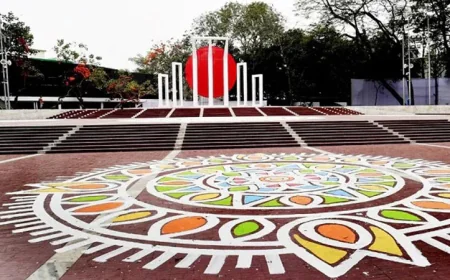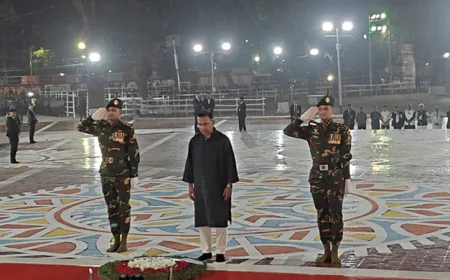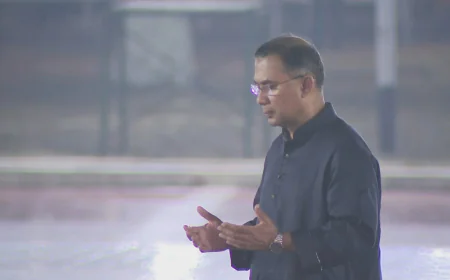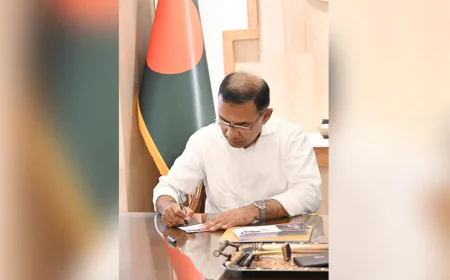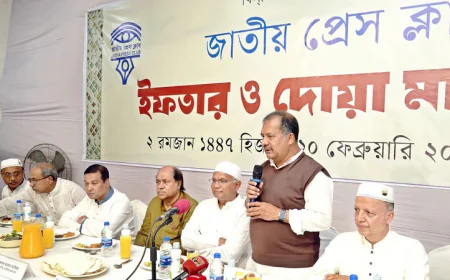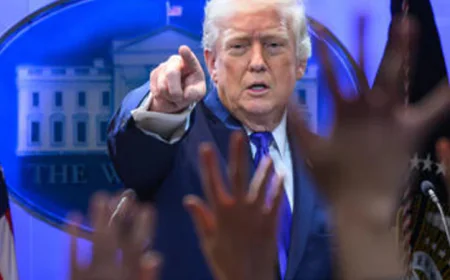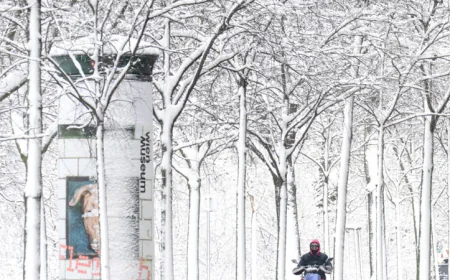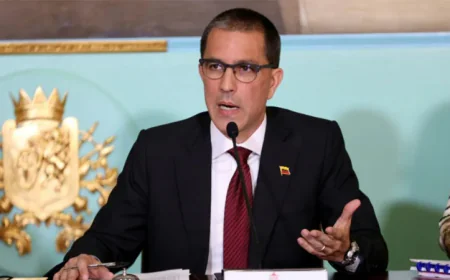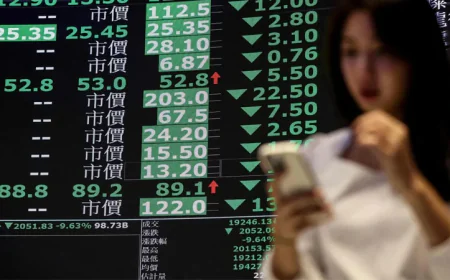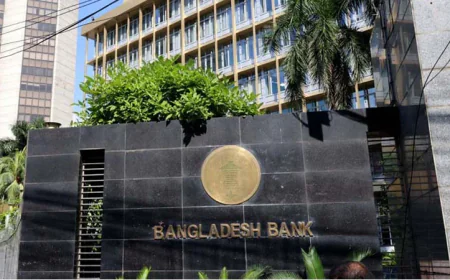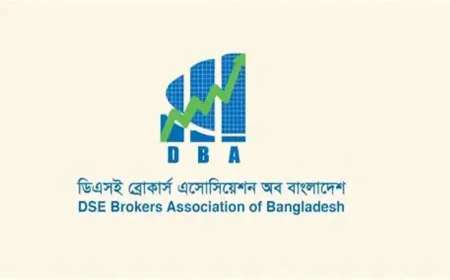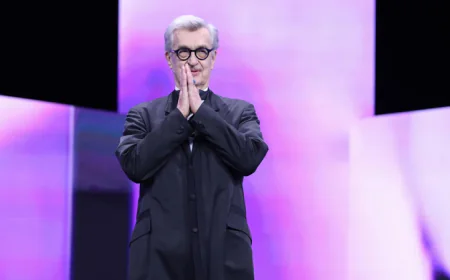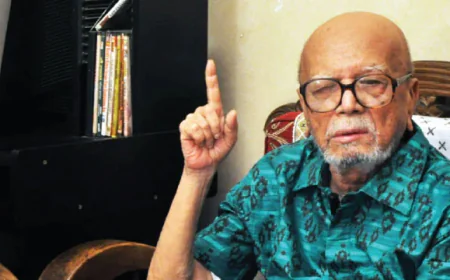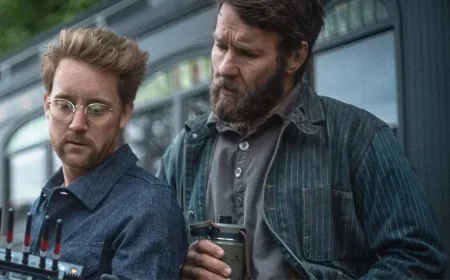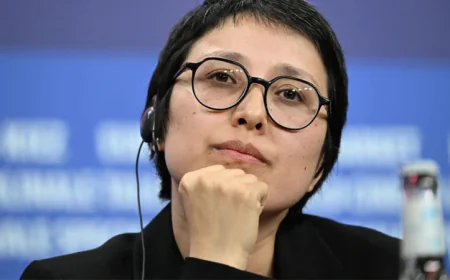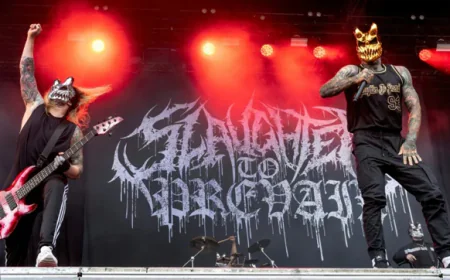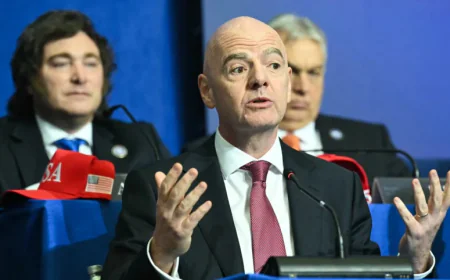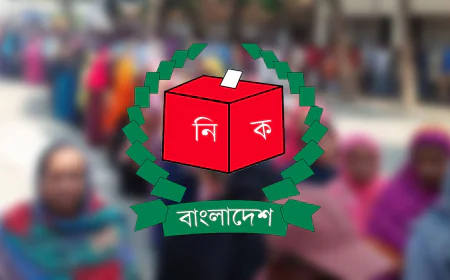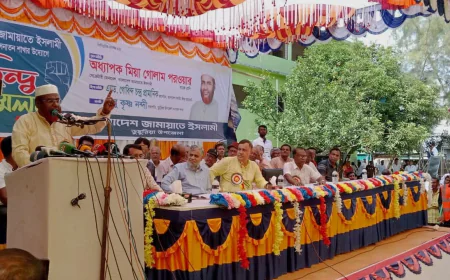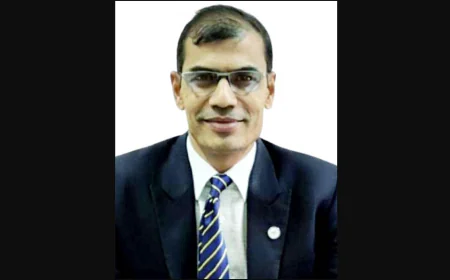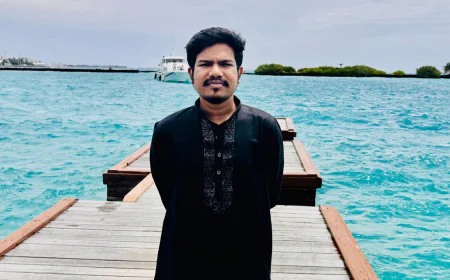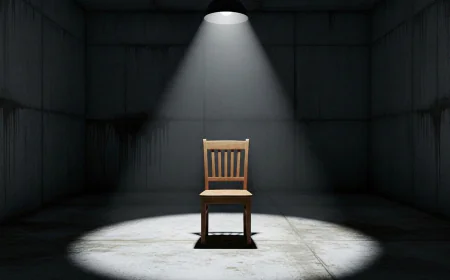Opinion / Bangladesh in 2025
A Nation Torn Between Silence and Awakening
A nation gripped by silence and disillusionment faces a critical turning point as its youth demand truth, justice, and a future worth believing in.
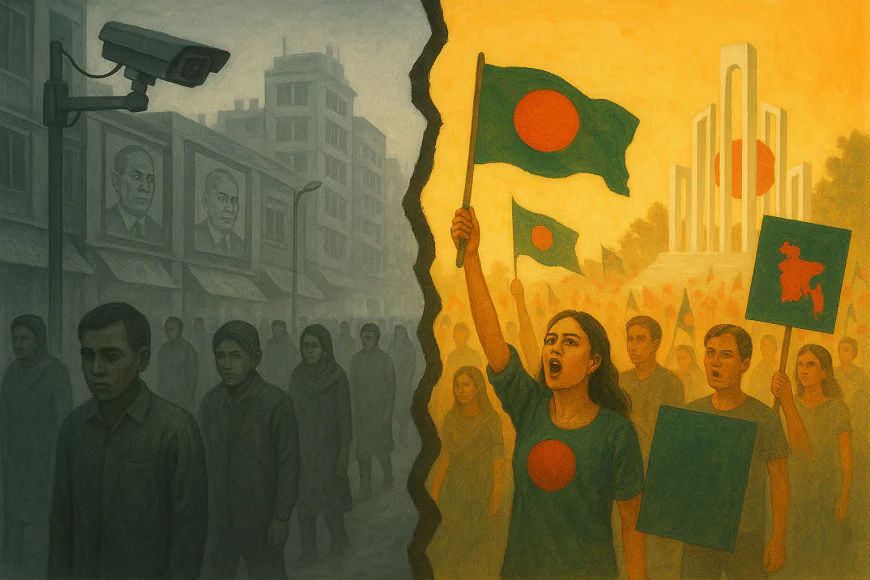
In this moment of its history, Bangladesh stands not at a familiar political crossroad, but at the edge of a deep and widening void—a crisis not merely of governance, but of vision, of truth, and of meaning. Beneath the bold banners of infrastructural development, rising GDP, and digital expansion, the soul of the nation trembles in quiet unrest. It is not the noise that defines this time, but the silence that surrounds it—the silence of a generation uncertain of its future, the silence of institutions afraid of dissent, the silence that fills the space where trust once lived.
The political atmosphere has grown heavy and insular. What was once a vibrant, if chaotic, democratic process has withered into a power structure that often seems incapable of accommodating disagreement or absorbing criticism. Politics today feels less like a dialogue between leaders and the people and more like a one-way command from above. Instead of being a living, breathing contract between citizens and their representatives, it has become an exercise in authority, surveillance, and control. Recent protests led by students—young minds who are supposed to inherit the future—have not been met with compassion, listening, or responsible negotiation. Instead, they have been countered with shutdowns of digital connectivity, heavy-handed policing, and public denouncements. This is not simply about a policy failure or a specific incident. It signals something more grave: the erosion of the democratic spirit itself. When dissent is treated as treason and inquiry as disobedience, a nation begins to forget its roots in liberation, justice, and public participation.
At the heart of this growing disillusionment lies a society struggling to find its own reflection. There was a time when communal empathy defined the Bangladeshi identity—a willingness to help a neighbor, stand by a stranger in a flood, or speak up when something was wrong. But that collective instinct now seems increasingly absent, buried beneath waves of apathy, digital distraction, and performative activism. People no longer show up in real life; they comment online. Solidarity has become a hashtag, outrage a trend, and morality a temporary stance that fades with the algorithm. Behind closed doors and locked screens, people scroll endlessly, looking not for meaning, but for escape. It is not that people have stopped caring—it is that they no longer know how to act on what they care about, and the systems around them often do not allow space for action, especially when it challenges the status quo.
Education, once our national pride and the supposed engine of mobility and imagination, is itself caught in a suffocating loop. The very institutions meant to nurture thought have become factories of fear and frustration. Students today are not encouraged to ask questions but trained to memorize answers. The value of their worth is reduced to numerical grades, their potential boxed into categories of pass or fail. In such a system, critical thinking is not just discouraged—it is punished. The deeper tragedy, however, lies in the psyche of the students themselves. So many of them live under immense pressure—familial, social, economic. They are overwhelmed by a future they cannot see clearly, and a present that neither consoles nor empowers them. The classrooms are full, yet the conversations are empty. Their dreams are shrinking, their passions muted. They are becoming adults before they have had the chance to be young, burdened by a world that seems indifferent to their fears and ambitions.
Meanwhile, the technological revolution that once promised liberation has become an invisible cage for many. Smartphones, social media, digital platforms—all these tools of communication have evolved into devices of isolation. The young generation, in particular, has become so enmeshed in the digital universe that their understanding of reality is increasingly mediated through filters, likes, and viral content. The craving for virtual validation has overridden the desire for real-world experiences. They sleep late into the day, lost in endless nights of scrolling, gaming, comparing themselves to impossible standards. Mental health issues are on the rise—anxiety, depression, feelings of inferiority—but few talk about them, and even fewer are given help. Technology has offered them connection but robbed them of presence. What we are witnessing is not just a behavioral shift, but a psychological transformation. The human mind is not designed to process this much noise without silence, this much image without substance.
But perhaps the most insidious crisis of all is the crisis of truth. People no longer know what to believe, and even when they do, they are afraid to say it. The credibility of information—whether from state sources, media channels, or online influencers—is under constant suspicion. The boundaries between fact and fiction have blurred. Numbers are thrown around without context, policies are declared without consultation, and narratives are shaped not by accuracy but by alignment with power. In such an environment, fear takes over. People second-guess themselves, suppress their thoughts, stay silent when they should speak. This manufactured confusion is not accidental—it is strategic. A confused public is easier to control, easier to distract, and easier to pacify. But it comes at a tremendous cost: the collapse of public trust, the corrosion of civic responsibility, and the death of dialogue.
Yet even in this thick fog of uncertainty, one cannot fully extinguish the possibility of light. Crisis, in its truest form, is not just a threat—it is a turning point. It compels a nation to choose: to continue drifting toward a deeper abyss, or to turn, slowly and painfully, toward the path of reform, reflection, and renewal. That choice begins not in policy papers or political speeches, but in conscience—in the quiet recognition that what we have now is not sustainable, and that our children deserve better.
Our institutions must be reclaimed from fear and complacency. Our leaders must learn again to listen—not only to their allies but to their critics, their youth, their marginalized. Civil society must rise above partisanship and remember that its first duty is to truth, not convenience. Teachers must nurture curiosity, not crush it. Parents must offer support, not pressure. And young people—those most disillusioned and yet most powerful—must not give up. Their voices matter more than ever, not because they are always right, but because they are brave enough to hope for something more.
We cannot afford to lose another generation to cynicism, to silence, to burnout. We cannot allow a society built on sacrifice and vision to become one marked by indifference and fear. The question is not whether change is possible. The question is whether we are willing to fight for it—not with weapons or slogans, but with integrity, with courage, and with unwavering love for the idea of a better Bangladesh.
Because when history looks back at this moment, it will not ask how fast our economy grew or how many megaprojects we completed. It will ask whether we listened when our young people cried out. Whether we spoke when truth was in danger. Whether we stood up when silence felt safer. Let us choose, even now, to be the answer to that question.
